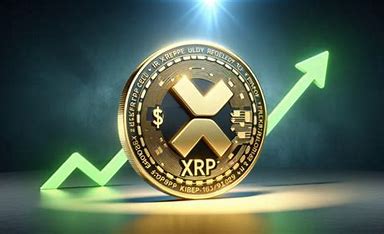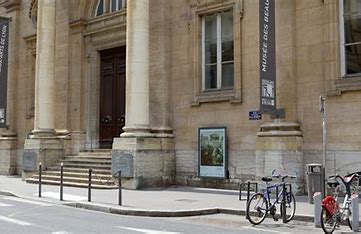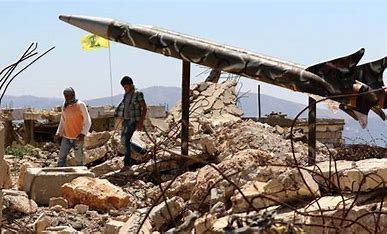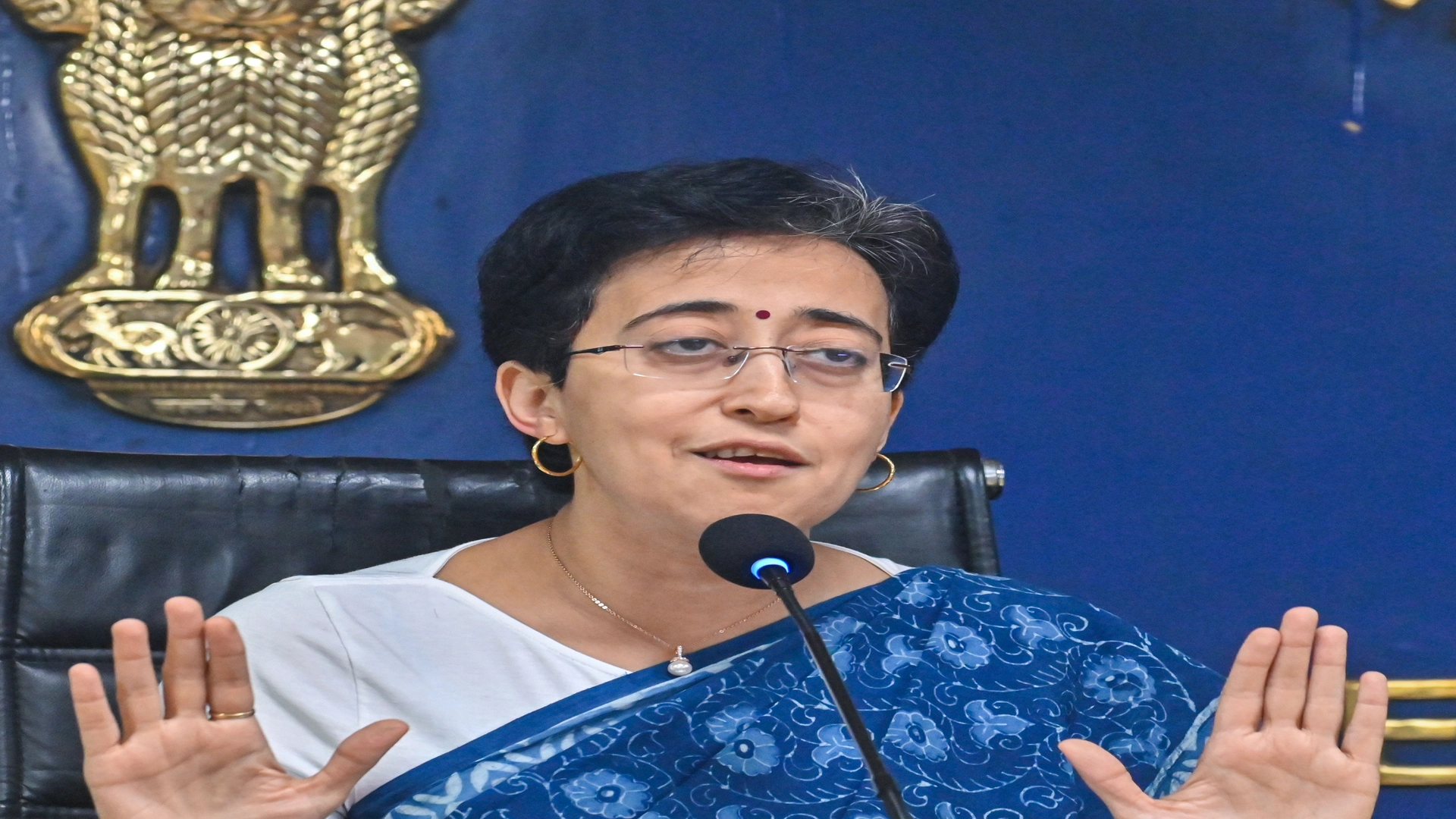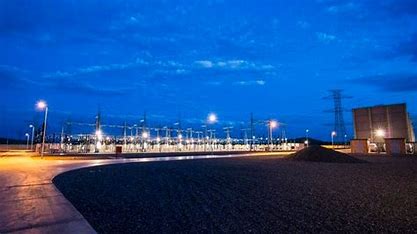
Abu Dhabi [UAE]: The Arab League has officially launched the Arab Common Electricity Market, marking a significant step toward regional energy integration. The announcement was made during the 15th session of the Arab Ministerial Council for Electricity, held in Egypt’s New Administrative Capital.
During the session, two critical agreements were signed:
Participating nations include the UAE, Kuwait, Palestine, Syria, Egypt, Saudi Arabia, Qatar, Libya, Sudan, Yemen, Morocco, and Jordan.
The Arab Common Electricity Market aims to:
By integrating electricity systems, the initiative seeks to position Arab countries as leaders in global clean energy markets. The agreements underscore a commitment to fostering innovation, sustainability, and economic growth through energy cooperation.
The Arab Common Electricity Market is expected to create significant opportunities for renewable energy projects, reducing reliance on fossil fuels and contributing to global climate goals. This step cements the region’s position as a pivotal player in the international energy landscape.



